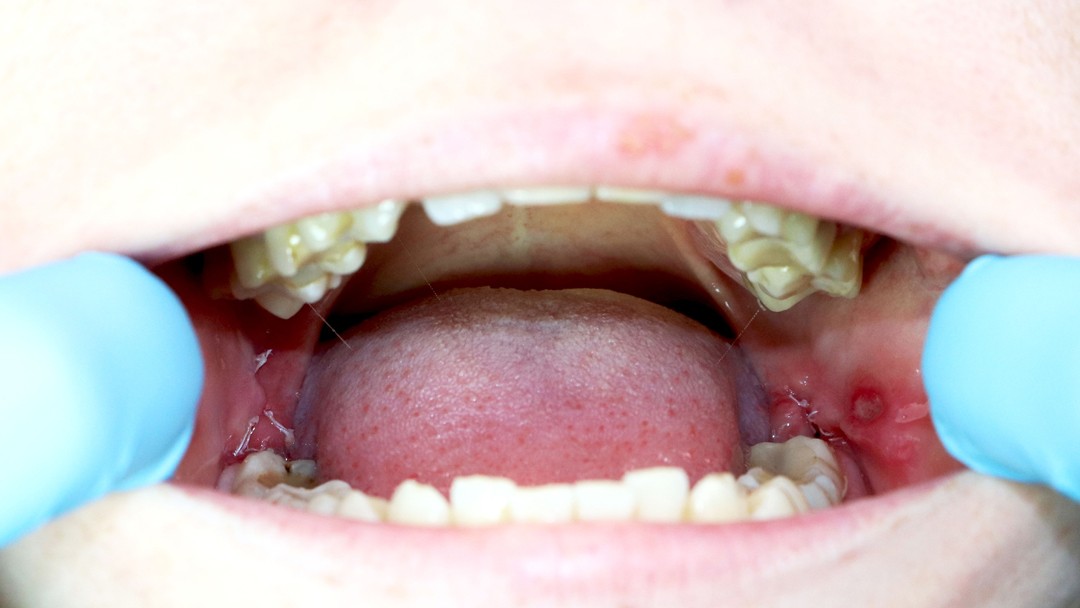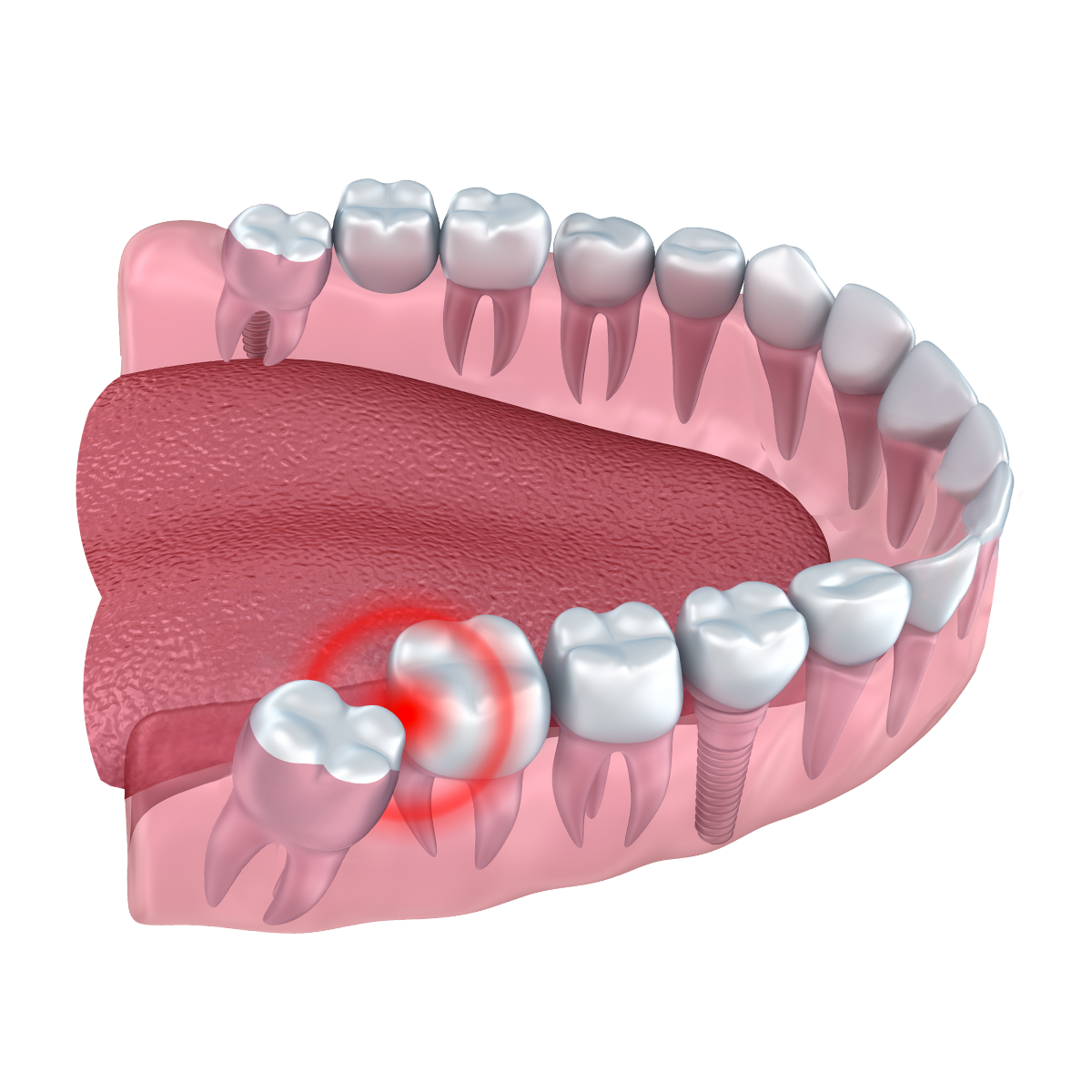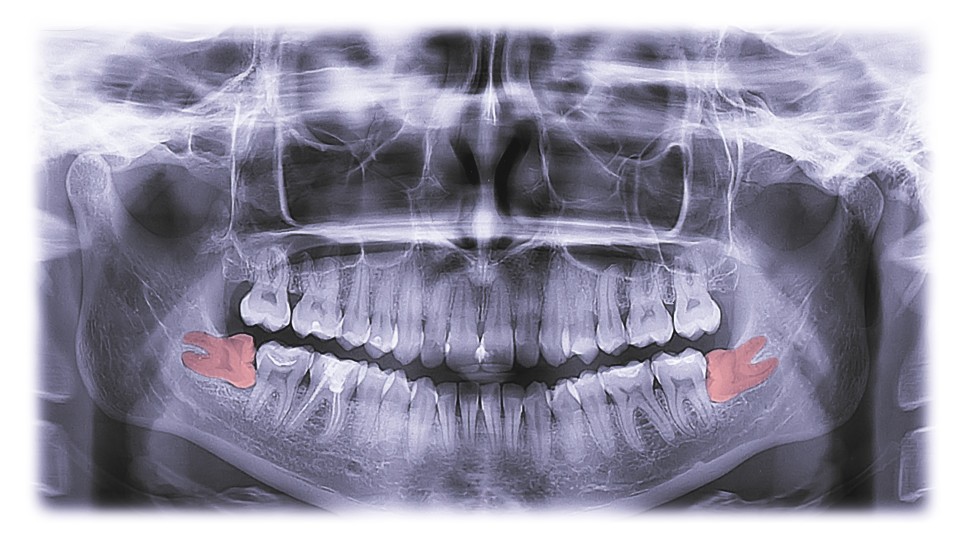Top Tips for a Smooth Wisdom Teeth Removal Aspendale Experience
Top Tips for a Smooth Wisdom Teeth Removal Aspendale Experience
Blog Article
Exploring Different Sedation Options for a Comfy Knowledge Teeth Extraction Experience
The use of sedation throughout such treatments has actually become significantly usual to alleviate anxiousness and pain. With a variety of sedation alternatives offered, from regional anesthetic to general anesthetic, each approach provides differing degrees of relaxation and pain control.
Neighborhood Anesthetic
Local anesthetic is a generally utilized approach for numbing specific locations of the mouth throughout wisdom teeth removal treatments. By carrying out a neighborhood anesthetic, such as lidocaine, a dental practitioner can make certain that the client remains pain-free and comfy throughout the removal process.
One of the main benefits of regional anesthetic is its targeted numbing result, which means that only the certain location being dealt with is affected. This local strategy lessens the risk of systemic negative effects and enables a quicker recovery post-procedure. In addition, regional anesthetic is taken into consideration to be a safe and routine practice in dental care, with minimal dangers involved when carried out by a skilled specialist.
Nitrous Oxide
Nitrous oxide, typically recognized as chuckling gas, is a form of sedation often made use of in dental care to help patients kick back during oral procedures. This sedation alternative allows the patient to stay receptive and mindful throughout the treatment while really feeling at convenience and comfortable.
In addition, laughing gas is known for its quick recuperation time. As soon as the mask is removed, the impacts of the gas diminish rapidly, allowing people to resume their regular tasks without lingering sedative results. This makes laughing gas a practical option for those who require to drive themselves home after the dental appointment. Moreover, nitrous oxide is suitable for people of any ages, making it a flexible sedation choice for knowledge teeth extractions and other dental procedures.
Dental Sedation
Oral sedation, a pharmacological technique employed in dentistry, includes the management of sedative medicines by mouth to cause a loosened up state during dental treatments. The drugs recommended for dental sedation belong to a course of medicines called benzodiazepines, which have sedative, anxiolytic, and amnesic residential properties.
One of the main benefits of dental sedation is its convenience of administration. Unlike intravenous sedation, oral sedation does not need shots or needles, making it a much more comfortable choice for individuals with a concern of needles. In addition, dental sedation is taken into consideration efficient and risk-free when administered by trained dental experts. Nevertheless, it is vital for people to comply with pre-operative instructions provided by their dentist, such as avoiding from consuming alcohol or consuming before the procedure to guarantee the sedative medication functions as meant.
IV Sedation
Provided intravenously by skilled medical professionals, IV sedation is an effective technique utilized to induce a regulated state of deep relaxation and unconsciousness throughout oral treatments. Unlike oral sedation, which can be unforeseeable in its results, IV sedation allows for accurate control over the degree of sedation, making it an optimal option for intricate procedures like wisdom teeth extractions.
During IV sedation, a sedative medicine is supplied directly into the blood stream with go to this site a capillary, enabling it to take impact quickly and efficiently. This approach makes sure that the patient remains comfortable and uninformed of the treatment while still maintaining important functions such as breathing and heart price.
Among the key advantages of IV sedation is its capability to offer a much deeper degree of sedation compared to other approaches, making it particularly appropriate for clients with high levels of anxiety or those undergoing substantial dental job (wisdom teeth removal aspendale). Additionally, the effects of IV sedation normally disappear gradually after the procedure, minimizing the possibility of grogginess or remaining negative effects. On the whole, IV sedation offers a reliable and safe choice for making sure a comfortable and stress-free experience throughout knowledge teeth removal

General Anesthetic
Having actually talked about the benefits of IV sedation for knowledge teeth extraction, the application of basic anesthetic offers an alternative option for patients requiring a much deeper level of unfamiliarity throughout dental procedures. General anesthesia induces a regulated state of unconsciousness, making certain the patient really feels no discomfort or discomfort during the removal process. This approach is particularly helpful for people with extreme dental stress and anxiety, complex medical needs, or those undergoing multiple extractions simultaneously.
General anesthesia is you can try this out carried out by a qualified anesthesiologist that carefully keeps track of the client's crucial indications throughout the treatment. It entails making use of intravenous medicines or inhaled gases to cause a state of unconsciousness. While under basic anesthetic, the individual will certainly not recognize the surgical treatment, experience any kind of pain, or have any recollection of the treatment later.
Although basic anesthesia is safe when provided by qualified professionals, it carries a slightly higher threat compared to various other sedation alternatives - wisdom teeth removal aspendale. Clients taking into consideration general anesthesia for knowledge teeth removal must discuss the possible dangers and advantages with their dental professional or oral doctor to make an informed decision based on their private requirements and clinical background

Final Thought
In final thought, various sedation options are offered to make sure a comfy knowledge teeth removal experience. Oral sedation and IV sedation deal deeper degrees of leisure, depending on the person's needs.
Nitrous oxide is ideal for patients additional resources of all ages, making it a functional sedation choice for wisdom teeth removals and various other oral treatments.

Report this page